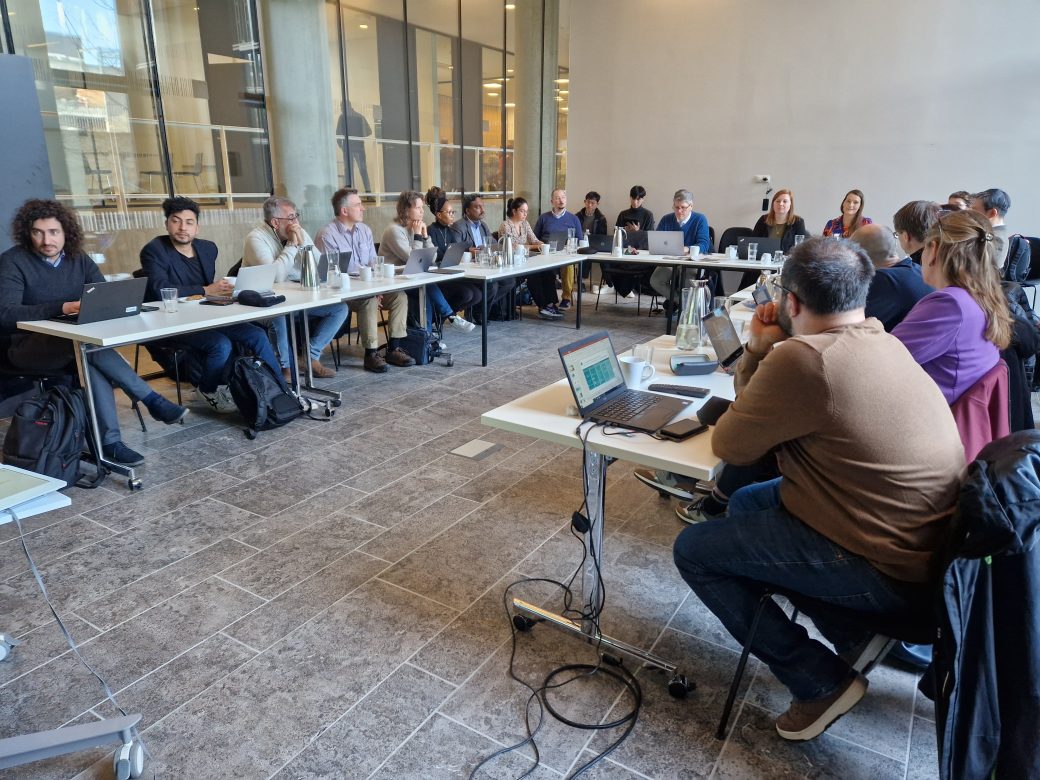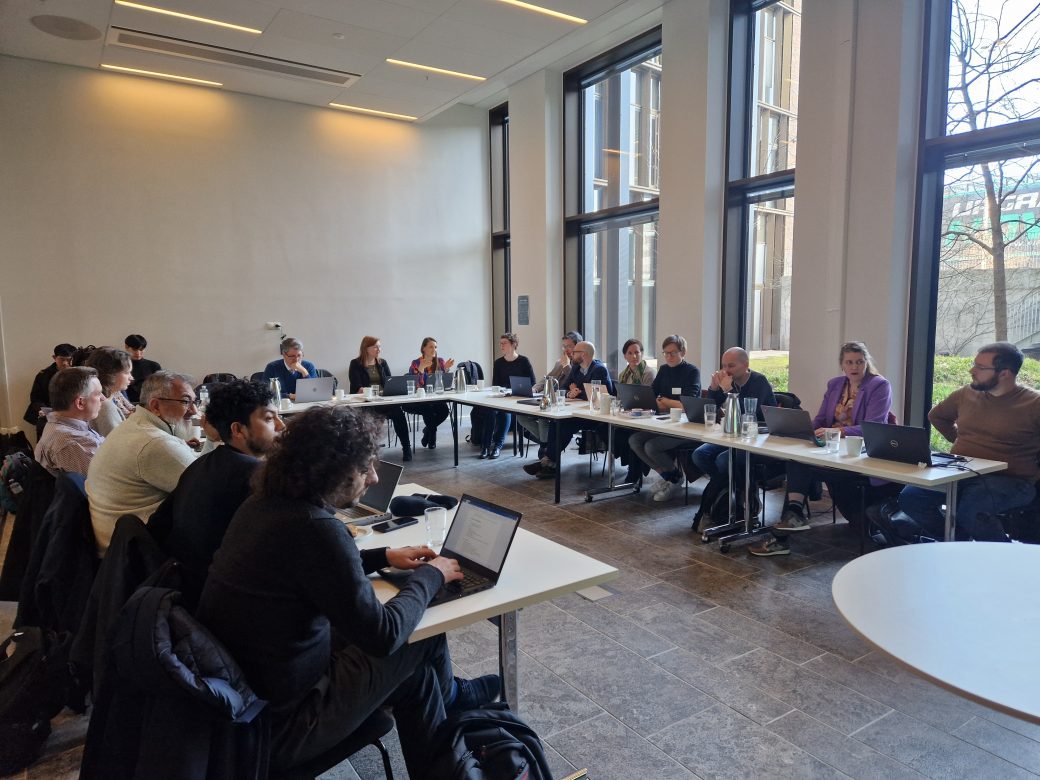Key highlights included:
– The significance of upcoming global energy gatherings like the energy ministerial in Brazil, MI, and COP29 in Bankoo, alongside a pressing grid infrastructure issue highlighted by recent media attention, especially in the US.
– Emphasizing ISGAN’s role in capitalizing on current momentum to achieve ambitious goals, focusing on renewables and energy efficiency while advancing grid infrastructure.
The meeting adopted a “tour de table” format, with each country sharing its developments, facilitating comparisons. Presentations covered diverse national strategies:
– European Commission: Focused on accelerating grid projects and enhancing regulatory incentives.
– Sweden: Discussed ongoing discussions on nuclear, hydrogen, and energy communities.
– Austria: Emphasized energy community integration and climate-focused strategies.
– The Netherlands: Addressed grid congestion challenges and the need for flexibility market development.
– Denmark: Highlighted renewable energy dominance, EV charging innovations, and smart grid legislation.
– Germany: Outlined plans for a renewables-centric future and hydrogen infrastructure.
– Belgium: Stressed renewable energy expansion, grid security, and collaborative initiatives.
– Korea: Presented a smart grid implementation plan with a focus on enhancing power supply flexibility.
– South Africa: Discussed liberalization efforts, renewable energy expansion, and grid challenges.
– Australia: Examined energy sector decarbonization challenges and renewable energy penetration.
– USA: Detailed ambitious emissions reduction goals, legislative initiatives, and grid resilience efforts.
Key themes and challenges emerged:
– Concerns over grid capacity lagging behind renewable deployment.
– Growing interest in smart grid solutions and interconnections.
– The need for policymakers to grasp technical challenges and bridge the gap between policy and implementation.
– Suggestions for simplified communication methods and leveraging international platforms for dissemination.
Future considerations included evaluating progress towards goals, outreach to non-participating countries, and synthesizing key insights for broader dissemination.

